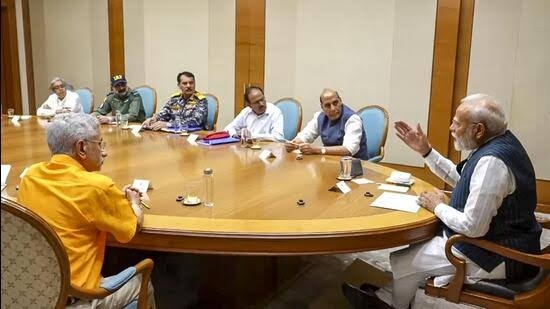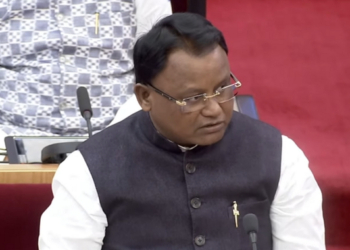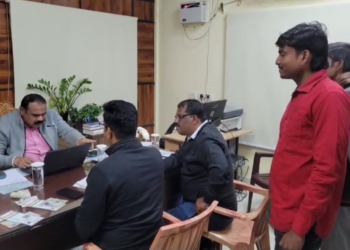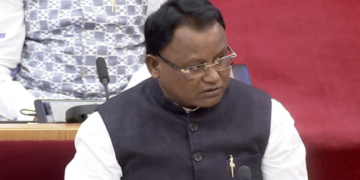In response to the deadly Pahalgam terror attack and the subsequent military escalation with Pakistan, the Indian government is launching a mega diplomatic outreach to present its case to the global community, sources familiar with the matter revealed.
The outreach will include specially formed delegations of parliamentarians, retired diplomats, strategic experts, and think tank representatives, who will travel to key capitals across Europe, North America, West Asia, and the Global South.
“India has to forcefully articulate its point of view to the world community,” said an opposition MP invited to join the effort. “This is the most serious escalation with Pakistan since 1971.”
Key Objectives of the Diplomatic Outreach:
-
Highlight cross-border linkages to the April 22 Pahalgam attack, in which 26 civilians were killed.
-
Justify India’s Operation Sindoor, which targeted terror infrastructure in Pakistan-controlled territories.
-
Emphasize India’s zero-tolerance policy toward terrorism.
-
Counter Pakistan’s narrative in international forums.
The government is reportedly forming up to eight groups to lead this outreach, and they could begin traveling as early as next week. Their brief will be to engage with foreign lawmakers, policymakers, media, and academic circles to explain India’s position and prevent the international community from drawing “false equivalences” between India and Pakistan.
Among those expected to be involved are:
-
Shashi Tharoor (Congress), chair of the Parliamentary Standing Committee on External Affairs.
-
Ghulam Nabi Azad, former Jammu & Kashmir CM, seen as a key voice on Kashmir issues.
-
Asaduddin Owaisi, leader of AIMIM, who can speak with authority on minority perspectives.
-
Leaders from regional parties like the TDP, BJD, NCP, and JD(U) are also being approached to ensure bipartisan representation.
The initiative mirrors India’s 1998 diplomatic outreach following its nuclear tests, when similar teams were sent abroad to explain New Delhi’s strategic rationale. However, this is the first such outreach in recent years tied specifically to a major national security event.
No official announcement has been made, but the initiative reflects India’s broader effort to shape the global narrative amid mounting regional tensions and to counter Pakistan’s lobbying in international organizations and capitals.
The outreach comes just days after India and Pakistan agreed to halt military actions following a tense four-day conflict marked by missile, drone, and artillery exchanges. The situation, while currently de-escalated, remains delicate.
India’s decision to involve a diverse mix of voices, including opposition MPs, signals a united front on national security and a desire to present a balanced, credible message to the international community.





























